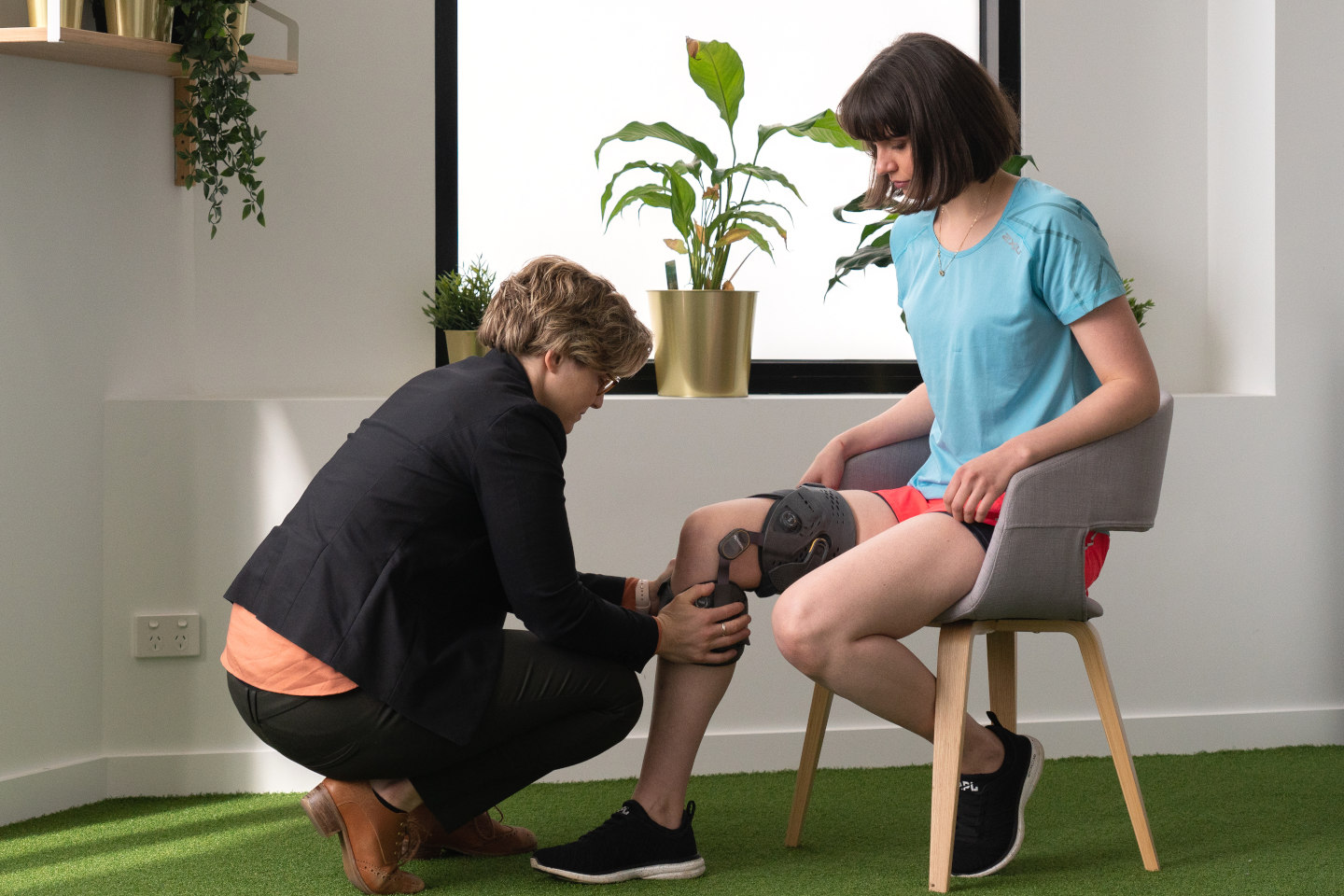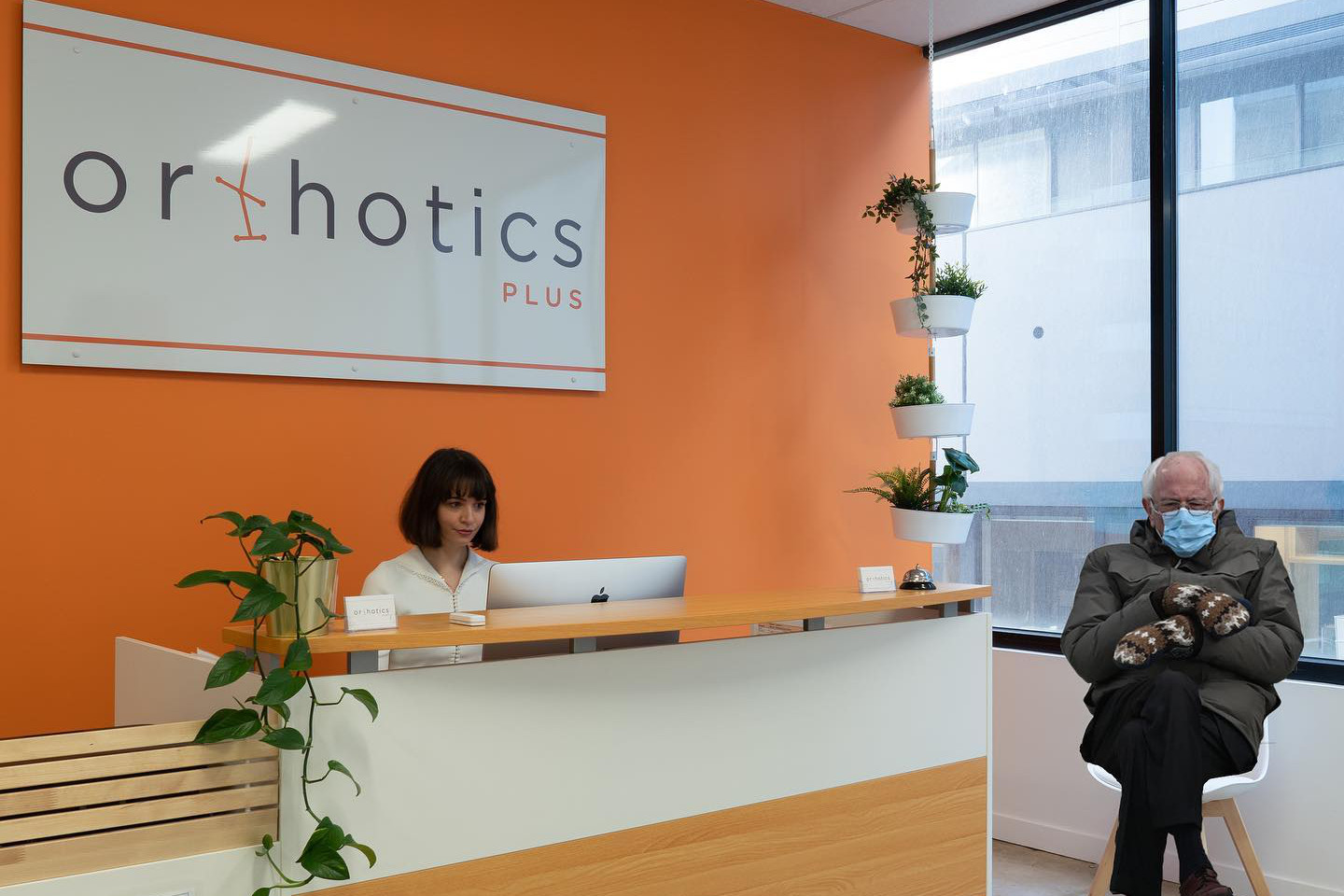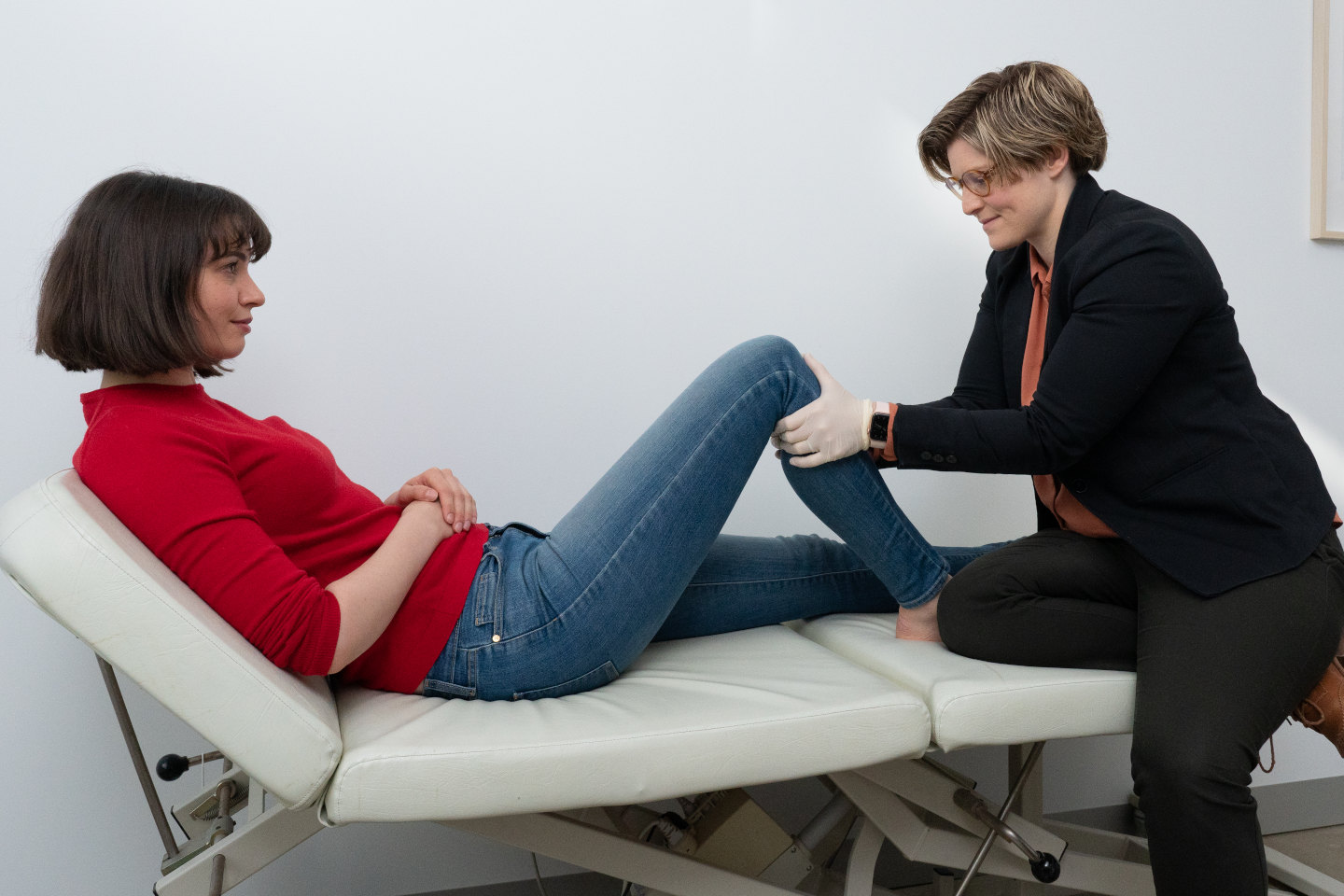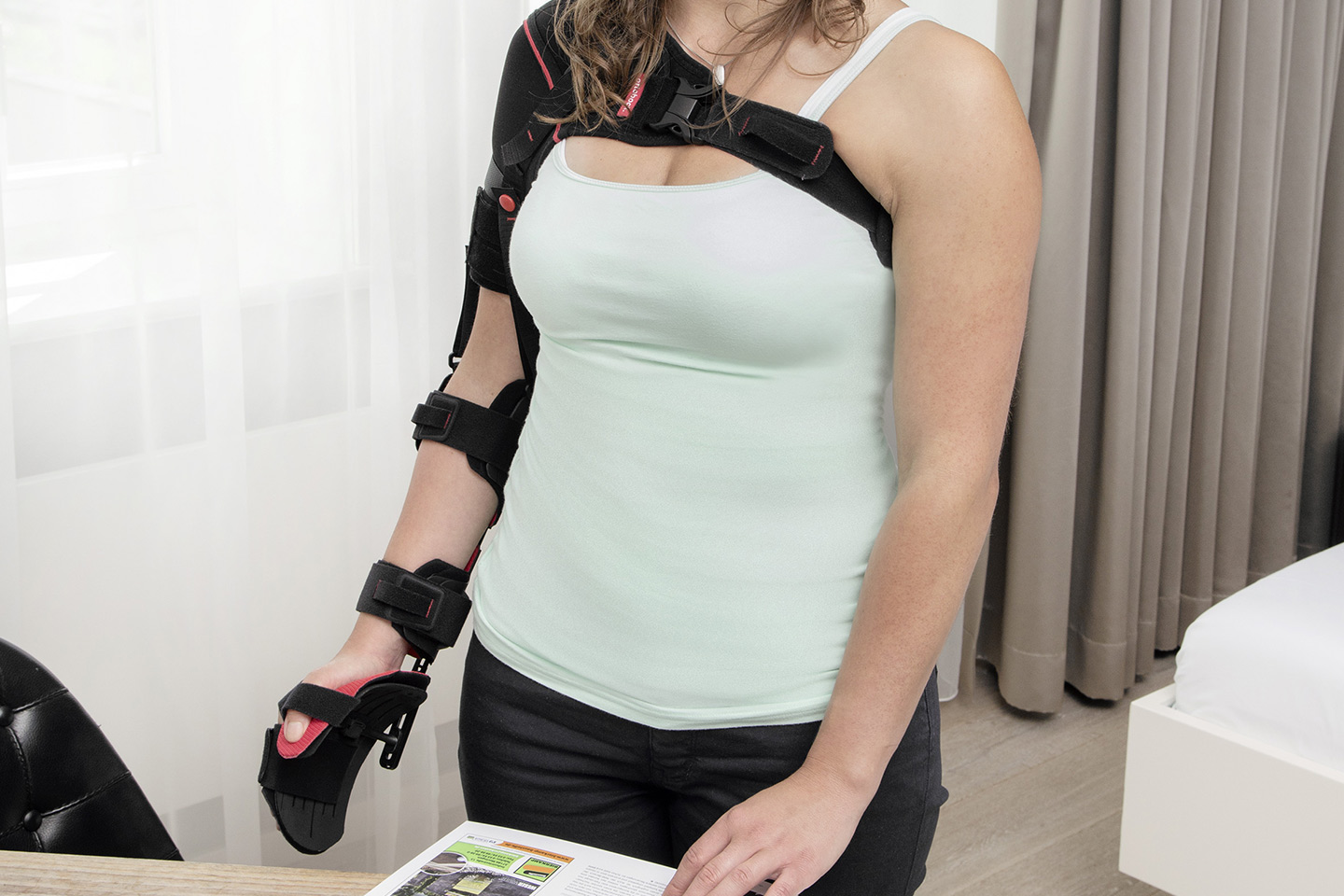What are NDIS Assessments?
NDIS assessment is a general term that involves us performing an Orthotic assessment for an NDIS participant for a variety of reasons, these are namely:
- Assistive Technology (AT) assessments
- NDIS plan review reports
- Change of circumstances reports
There are specific considerations we must take into account when performing NDIS assessments, such as adopting particular documentation, billing under correct categories, working with support coordinators and the follow-up processes with relevant stakeholders.

Purpose of NDIS Assessments
Our main objective is to better understand the patient’s condition and what we can do to manage it. For example, if a patient has knee hyperextension, a thorough assessment will be used to determine that the most appropriate device will be to decrease the knee hyperextension and maximise function.
For patients who are currently receiving NDIS funding for existing diagnosed conditions, we perform a comprehensive assessment to evaluate their current supports and identify what is most appropriate moving forward. This is especially important if their condition has recently changed or progressed.
We love to help each participant achieve their meaningful goals, which is often to help them access funding for reasonable and necessary Orthotic services and equipment.

Change of Circumstance
A change of circumstance can occur for several reasons, such as:
- Moving properties
- Changing employment, studies or visiting overseas
- Medical changes (decline/improvement) or incidents such as falls, increases in contractures etc
A change of circumstances report is used when a person requires more or fewer supports. The NDIS participant will be required to submit a Change of Situation or Change of Details form that may include our supporting documents. Our supporting documents are often a Prosthetic Orthotic Assistive Technology (POAT) form and a quotation.
Change of circumstances reports can be submitted by self, plan or agency managed participants and we are experienced in these scenarios.

Service Agreement
Typically, a person will visit Orthotics Plus for an initial assessment which is a relatively low-cost fee and can be confirmed prior to the appointment.
We may provide suggestions for Assistive Technology and treatment pathways, which may be a relatively high cost.
Regardless of how an NDIS participant is managing their plan, we will always provide a written quotation.
It is important that we safeguard people’s choices and control. In the case of accessing expensive equipment, it is important an NDIS participant or their NDIS support coordinator is able to shop around for pricing. This may involve comparing Orthotics Plus with other providers to optimise their budget expenditure, as well as their preferences in a treating clinician.
In the event an NDIS participant would like to receive healthcare from Orthotics Plus, we will provide a service agreement to be signed to seek consent to proceed.

Assistive Technology Assessments
Assistive technology assessments are the most common assessments we perform at Orthotics Plus. Patients contact us to understand if Orthotic management can assist them. Orthotics fall under Assistive Technology.
After the patient’s initial contact, we’ll schedule a time to perform a thorough assessment and develop an appropriate plan, which may include orthotics, appropriate footwear, or a low-cost, off-the-shelf device to address their concerns.

What happens after an assessment?
When the NDIS participant is plan-managed, we’ll put together a quotation and communicate with the patient’s support coordinator.
Then, we’ll fill out a POAT form, which is an eight-page document summarising the patients’ needs and how they benefit from our recommended treatment plan.
In the event the NDIA approves the request, the participant will be able to purchase the equipment out of their funds.
We would then schedule follow-up appointments for additional fitting, training or supports as required.

How long does the NDIS approval process take?
This is quite variable. We will typically submit our documentation within 1-2 weeks of the initial assessment.
We would suggest the average timeframe is between 1-6 months. The timeframe can vary because of:
- Administrative processes
- Urgent cases being prioritised
- Possible feedback
Orthotics Plus will communicate with the NDIA where necessary and ensure our clients receive appropriate healthcare in an efficient manner.

FAQs
There are several ways we achieve this:
- Our medical software is encrypted
- We use initials, not full names when communicating information regarding our patients
- No details are released unless we have the patient’s explicit permission in the form of a signed NDIS document
- As mentioned, we used a signed service agreement that outlines the process to release information and grants our ability to appropriately access and use their information and records during treatment
Approximately 60 minutes, but could be up to 120 minutes if we are trialing a range of different devices.